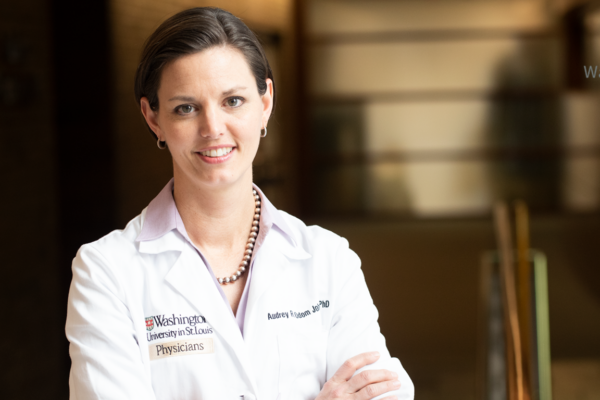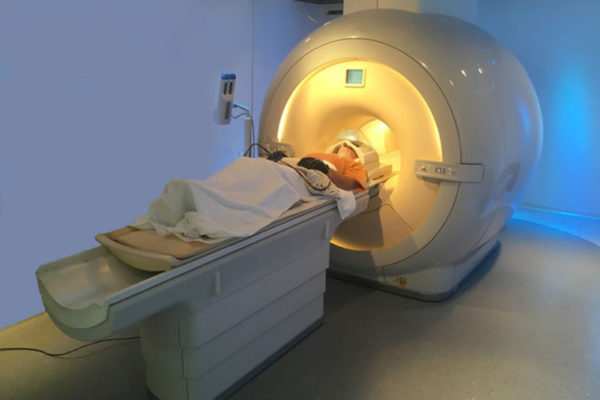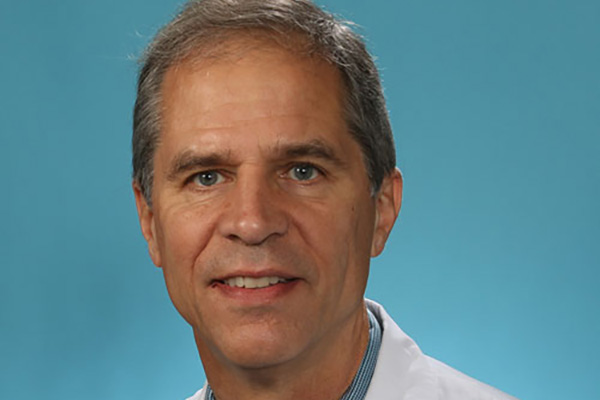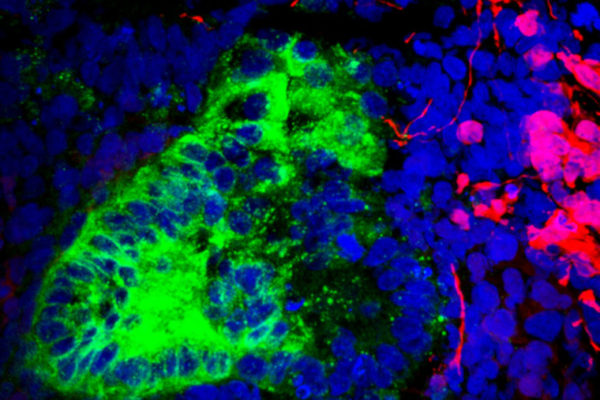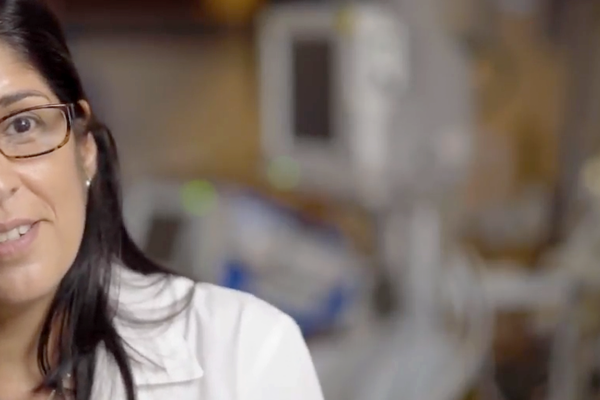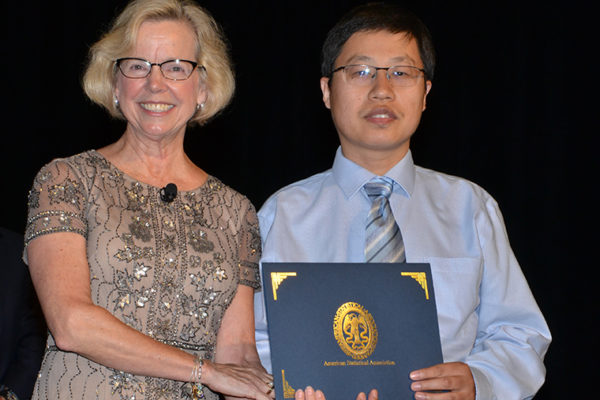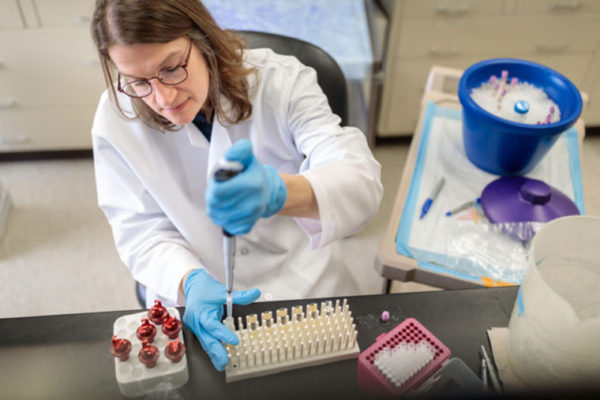The Fighter: Audrey Odom John
Audrey Odom John, MD, PhD, is on a mission to fight the spread of infectious diseases like malaria through better, faster, more nimble diagnostic tools.
MRI scans shows promise in predicting dementia
Doctors may one day be able to gauge a patient’s risk of dementia with an MRI scan, according to a new study from the School of Medicine. Using a new technique for analyzing MRI data, researchers were able to predict who would experience cognitive decline with 89 percent accuracy.
Gaddis honored by emergency medicine organization
Gary Gaddis, MD, PhD, professor of emergency medicine at Washington University School of Medicine in St. Louis, has been named a fellow of the International Federation for Emergency Medicine. He is one of two American emergency medicine physicians to receive the honor this year.
Brain, muscle cells found lurking in kidney organoids grown in lab
School of Medicine scientists have identified rogue cells – namely brain and muscle cells – lurking in kidney organoids, an indication that the “recipes” used to coax stem cells into becoming kidney cells inadvertently are churning out other cell types. The researchers also demonstrated they could prevent most of those wayward cells from forming, an approach that could be adopted by scientists working with other organoids, such as those of the brain, lung or heart.
The Innovator: Jen Silva
WashU physician Jen Silva, MD, has co-founded a startup that will enable doctors to see real-time 3D holograms of the heart during cardiac procedures.
Washington People: Jennifer Silva
Jennifer Silva, MD, a pediatric electrophysiologist at the School of Medicine, treats children with abnormal heart rhythms. She has co-founded a startup that is developing technology to help doctors see real-time 3D holograms of the heart during procedures to fix erratic heart rhythms.
Cordell Institute signs ‘Paris Call for Trust and Security in Cyberspace’
Washington University’s newly launched Cordell Institute for Policy in Medicine & Law has signed on as one of the early signatories of French President Emanuel Macron’s “Paris Call for Trust and Security in Cyberspace,” announced Nov. 12 as part of the peace forum commemorating 100 years since the ending of World War I.
Liu elected fellow of statistical association
Lei Liu, professor of biostatistics at Washington University School of Medicine in St. Louis, has been elected a fellow of the American Statistical Association, the country’s preeminent professional statistical society.
Link between autoimmune, heart disease explained in mice
School of Medicine researchers are beginning to understand the link between autoimmune disease and the cardiovascular system. A new study in mice shows that immune cells that arise during autoimmune disease cause cholesterol to become trapped inside blood vessels.
Froelke honored as advocate for patients with rare diseases
Brian Froelke, MD, of Washington University School of Medicine, has been recognized by the EveryLife Foundation for Rare Diseases as a state legislative advocate for patients with rare diseases.
View More Stories
